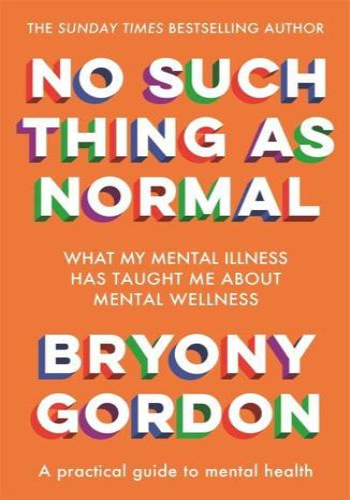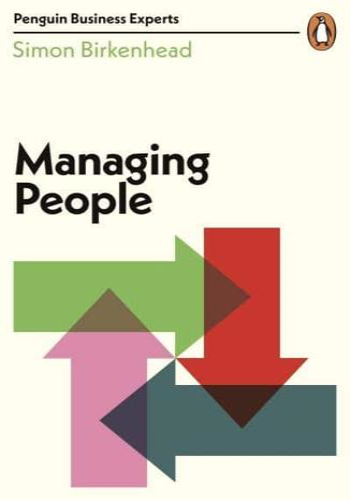Chapter 1: Hurry Sickness
* Definition of hurry sickness: A chronic, pervasive state of feeling rushed, pressured, and overwhelmed.
* Symptoms: Restlessness, irritability, difficulty concentrating, sleeplessness, and physical ailments.
* Example: Feeling overwhelmed by the constant stream of emails and messages, leading to difficulty focusing on important tasks.
Chapter 2: The Theology of Hurry
* Hurry is rooted in a misplaced belief that life is a race to be won and that we must always be productive.
* This theology conflicts with Christian values of rest, trust, and community.
* Example: Believing that you need to work 80 hours a week to be successful, even though this schedule leaves no time for family, friends, or spiritual practices.
Chapter 3: The Antidotes to Hurry
* Sabbath: Regular periods of rest and renewal, both daily and weekly.
* Solitude: Time spent alone with God and creation.
* Sensory awareness: Paying attention to the present moment through our senses.
* Example: Setting aside a specific time each day for a walk in nature, without distractions.
Chapter 4: Hurry in Our Relationships
* Hurry can erode relationships by creating a sense of distance and lack of connection.
* It's important to practice patience, listening, and empathy in our interactions.
* Example: Taking the time to have meaningful conversations with our loved ones, rather than simply rushing through time together.
Chapter 5: Hurry in Our Work
* Modern work environments often promote hurry and multitasking, which can lead to burnout and decreased productivity.
* It's important to set boundaries, prioritize tasks, and take breaks.
* Example: Scheduling a lunch break each day and using it for actual rest, rather than working through it.
Chapter 6: Hurry and Our Health
* Hurry can have significant negative impacts on physical and mental health, including increased stress, heart disease, and depression.
* It's crucial to engage in regular exercise, healthy eating, and adequate sleep.
* Example: Making time for a daily yoga practice to reduce stress and improve flexibility.
Chapter 7: Hurry in Our Churches
* Even churches can be prone to hurry culture, with pastors and members feeling pressured to accomplish more and more.
* It's important to remember that the church is a place of rest, community, and worship.
* Example: Creating a "Sabbath space" in the church where people can come for solitude and reflection on Sundays.







